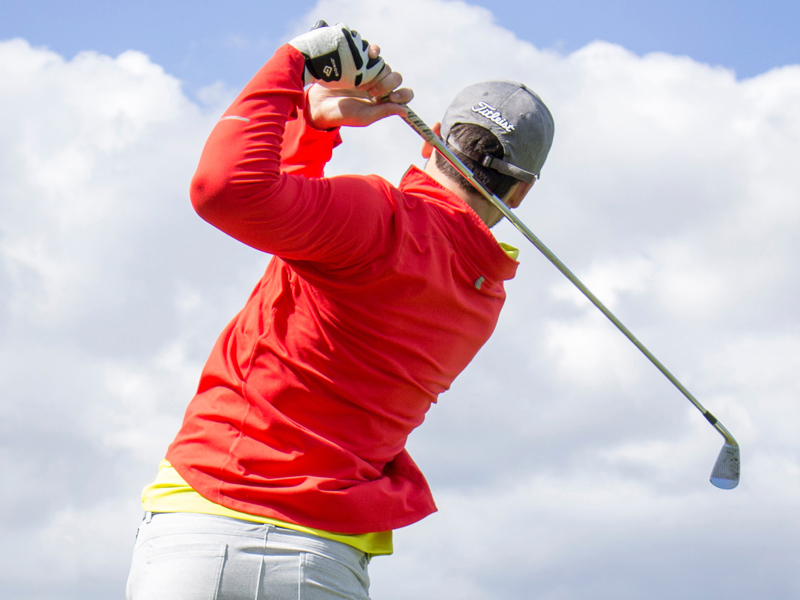Frequently Asked Questions


1. How long does it take to get results?
Behavior change is different for everyone, based on the individual’s history, temperament, open mindedness and rigidity of long-developed patterns of behavior. A careful psychological assessment of these areas along with an understanding of the person’s social situation and resources leads to the proper choices for creating psychological change. It is impossible to predict the time necessary to make the changes before the careful assessment is completed.
2. What methods or approach do you use to create change?
The careful assessment of the person’s presenting concerns will determine the strategies and methods used to promote change. The approach may depend on whether behaviors, emotions, thoughts or physical sensations are the focus of psychological change. Also, the modality for change is chosen as the best fit for each individual. It is not is not a one-size-fits-all process.
3. How will I know we are being successful?
It will become evident as the work progresses whether behavior is changing or you begin to feel differently in previously experienced situations. Also, the attitudes, beliefs and judgments which are part of a person’s performance will begin to shift in a more effective direction. These changes are exciting steps in the work of performance and psychological changes.
4. Have you ever worked with a problem like mine?
As a licensed psychologist, I draw from 35 years of diverse, high quality experiences, including attending some of the finest psychology programs for my doctoral and post-doctorate work, obtaining world class credentials and collaborating with exceptional colleagues at the scholastic, collegiate, Olympic, professional and elite amateur levels. Chances are I’ve worked with similar problems, but every person – and situation – is unique.
5. What if my child or athlete is reluctant to see a psychologist?
Sport and clinical psychologists are an integral part of most professional teams, collegiate and Olympic programs, as well as sports medicine departments at large medical centers. Increasingly, elite junior and senior amateur programs seek out the consultation services of sport psychologists. Sharing with your scholastic athlete that the best athletes in the world rely on sport psychology is powerfully educational. Let your child know you are willing to invest time, energy and finances in their mental skills development.